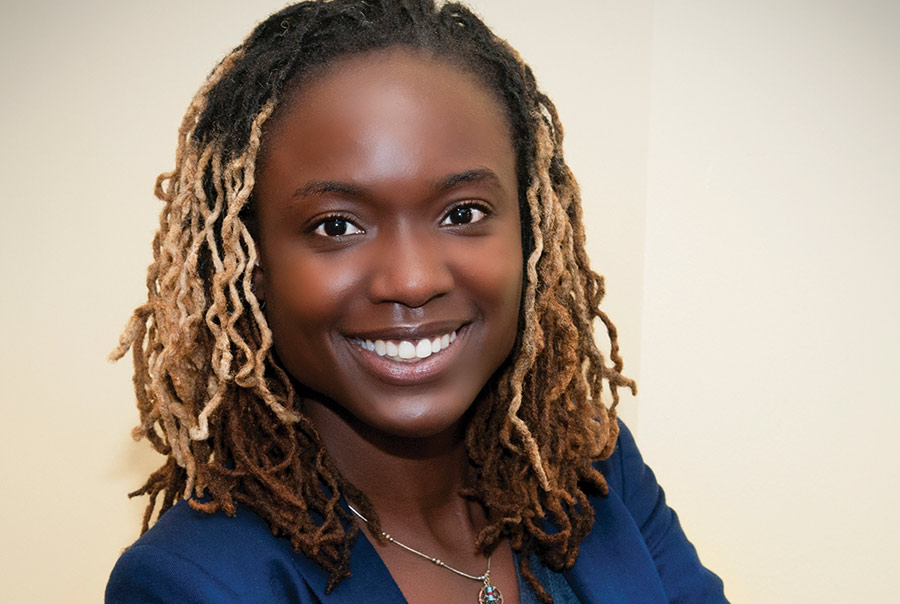At age 32, Dr. Sheena Howard has navigated the academic hierarchy relatively quickly. She already has a tenured position at Rider University in Lawrenceville, N.J., just north of Trenton.
“I became conscious of the ways our identities depend on these institutions,” said Howard, who earned her Ph.D. in intercultural communication from Howard University, a historically black college, and has written about black lesbians.
“At a predominantly black college, I didn’t feel a stigma for my race,” she said. “But there was a stigma around my sexuality. Now, at a predominantly white institution [Rider], I feel more comfortable with my sexuality. I feel a little less comfortable in my blackness.”
Howard decided to take a deep dive into race with “Remixing Colorblind,” a half-hour documentary examining race in higher education. It premieres at 6:30 p.m. Feb. 25 at the Ritz at the Bourse, 400 Ranstead St.
A 15-minute question-and-answer session with Howard follows the screening. Dr. Oscar Holmes IV from Rutgers University will moderate the discussion. Tickets cost $10.
The documentary does not specifically address LGBT themes, though Howard said, “As a black lesbian professor, I’d certainly love to move forward with those issues as well.”
She published a book in 2014 called “Black Queer Identity Matrix: Towards an Integrated Queer of Color Framework.”
Howard started pre-production on “Remixing Colorblind” a little over a year ago and began filming in March with help from Rider students and alumni. Howard and her partner, Wafiyyah Packer, edited the footage.
“I wanted to know how millennials felt about race because they’re supposed to be the most diverse generation, and they’re supposed to be colorblind,” she said, noting she spoke with people from West Catholic Preparatory High School, called West Philadelphia Catholic High School when Howard attended; and Drexel, Rider, Lehigh and Howard universities.
Howard felt most excited to include Dr. Yaba Blay, a 2012 consulting producer for “CNN Black in America,” and Dr. James Peterson, an MSNBC contributor.
“The one thing I learned was the importance of the changing demographics in high school,” Howard said. “More students of color than ever before are applying for college, especially in the Northeast.
“It’s important for universities to get ahead of the game in making themselves spaces where students of color can thrive,” she added. “Students are actually adept at dealing with racist comments. They want to talk about the structure of things that value white students, about the books and writers that teachers bring into the classroom.”
Howard said university hiring managers should come up with strategies for reaching out to black academics and other professionals of color so the faculty can become a reflection of the diverse student body. She added racial-justice classes should form part of the core curriculum, like general-education requirements for English and math.
“I want universities to be a model for how institutions should behave, leading our attitudes and our practices,” Howard said.
After the Philadelphia premiere of “Remixing Colorblind,” Howard plans to travel with the documentary to other college campuses. She would also like to submit it to film festivals.
For more information, visit www.sheenachoward.com or www.remixingcolorblind.com.

